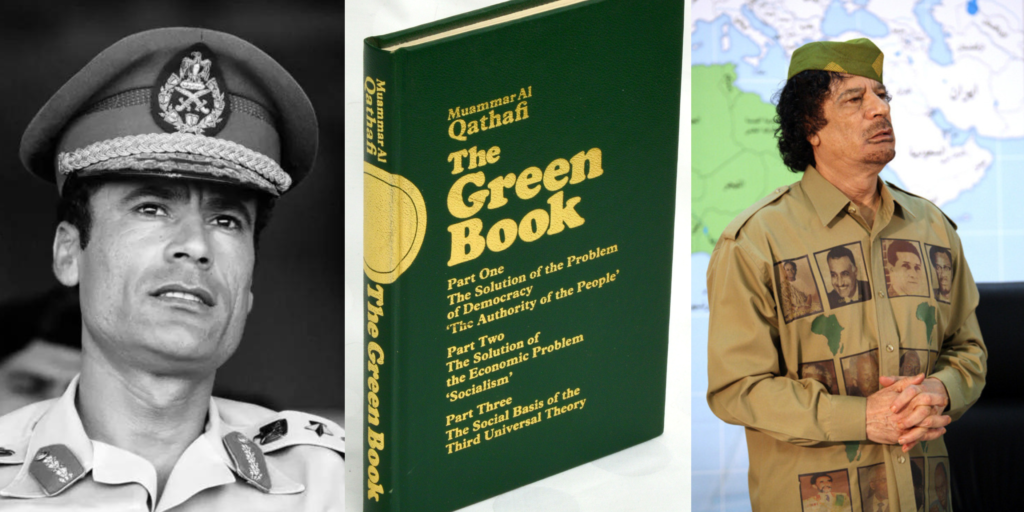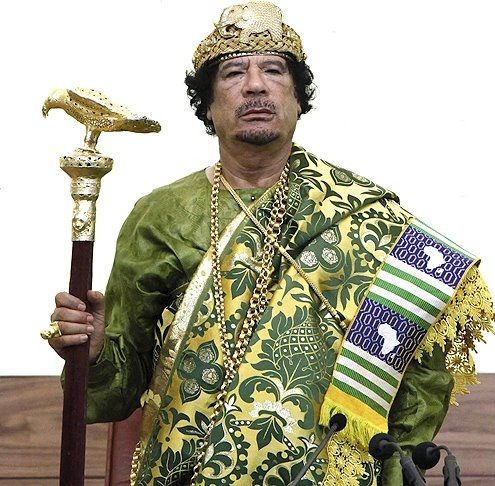A deeper look into the Green Book authored by the former Libyan president, Muammar Gaddafi, one encounters a trove of political, economic, and social philosophies intended to shape Libya and Africa. The book is divided into three parts, each addressing crucial aspects of governance and societal organization. Today, our focus turns to Part 3, “The Social Basis for Universal Theory,” wherein Gaddafi articulates his views on nationalism, religion, tribalism, and their implications for Africa.

Nationalism, as articulated by Gaddafi, emerges as a cornerstone for the prosperity and stability of nations. He states that the destruction of nationalism leaves a nation vulnerable to decay. This sentiment rings particularly true for Africa today, where the absence of strong nationalistic mindset among leaders and citizens has hindered progress and contributed to a cycle of underdevelopment, corruption, nepotism, and self-serving interests have plagued the continent, leaving its vast resources underutilized and its people powerless.
Gaddafi’s insights on religion and tribalism offer a compelling perspective on navigating the diverse tapestry of Africa. While acknowledging the existence of differences in beliefs and heritage, he emphasizes the importance of nationalism in building unity and resilience. Tribal allegiances, when prioritized over national loyalty, weaken the social fabric and impede collective progress. Africa’s rich diversity, while a source of strength, has also been a barrier to cohesion and collaboration. To overcome these divisions we need Pan Africanism, a collective ideology that puts Africa’s interests first.

Pan-Africanism, with its emphasis on unity and collective action, presents a path forward for addressing the continent’s challenges. By building a sense of shared identity and purpose, it has the potential to bridge divides and forge a unified vision for Africa’s future. Embracing a nationalistic mindset, grounded in a commitment to the common good, is essential for realizing this vision. Only through coordinated efforts to prioritize Africa’s interests and cultivate a sense of belonging among its people can the continent overcome its weaknesses and chart a course towards prosperity and stability.
Overall, Gaddafi’s Green Book offers valuable insights into governance and nation-building, with particular relevance to Africa’s present-day challenges. By reexamining his perspectives on nationalism, religion, and tribalism through the lens of Pan Africanism, Africa has the opportunity to redefine its narrative and forge a path towards a more prosperous and united future. It is imperative that African leaders and citizens alike acknowledge these lessons and work together towards realizing the continent’s full potential.
